In the world today, energy is not just a commodity—it’s the foundation that powers our daily lives, drives industries, and fuels economic progress. But what happens when energy becomes a scarce, unreliable resource? How can individuals and businesses overcome rising energy costs and the challenges of electricity access? These questions are particularly pressing for Nigerians, many of whom struggle with the daily challenges of power outages, irregular electricity, and skyrocketing utility bills. At the same time, people in the USA and Europe, while enjoying more consistent access to electricity, are increasingly exploring renewable energy options as a means to reduce energy costs, gain more control over their power sources, and contribute to environmental sustainability.
As a Senior Engineer with over 25 years of experience in renewable energy, I can confidently say that the key to solving these energy challenges lies in the adoption of renewable energy solutions. Whether you’re living in the heart of Lagos or New York, renewable energy can provide a powerful, cost-effective, and environmentally friendly solution. It offers far more than just a source of power—it holds the promise of energy independence, stability, and long-term savings.
For Nigeria: Empowering the Future with Solar and Wind Power
In Nigeria, energy access remains a persistent challenge. According to the World Bank, a significant portion of the population lacks consistent access to electricity, particularly in rural areas. As the nation struggles with an inefficient and aging power grid, millions of Nigerians are left to deal with daily blackouts and unreliable power supply. The burden of relying on costly and polluting diesel generators is a harsh reality for both households and businesses. This situation not only makes life harder for the average Nigerian but also stifles the country’s economic growth, hindering productivity and job creation.
The good news, however, is that the country is sitting on an untapped goldmine of renewable energy resources, particularly solar power. Nigeria boasts an abundance of sunshine throughout the year, with an average of over 5 hours of sunlight daily. Harnessing this energy could revolutionize electricity access, particularly in rural and underserved communities. The technology to capture, store, and distribute solar energy has come a long way, and it is now more affordable than ever before. With solar panels, inverters, and battery storage systems becoming more widely available and economically viable, households and businesses can now take their energy needs into their own hands.
In addition to solar energy, wind power also holds great promise for Nigeria. Coastal areas and flat landscapes with strong winds offer an ideal environment for wind turbines, which could provide reliable power for communities far from the reach of the central grid. The beauty of wind energy is that it complements solar power perfectly—while solar energy can be intermittent, wind power tends to be more consistent during the evening or cloudy days, providing a balanced and reliable energy mix.
By investing in decentralized, off-grid renewable energy solutions, Nigeria has the opportunity to leapfrog traditional power infrastructure and create a future where every household has access to reliable electricity. This not only offers a direct benefit to individuals but can also help alleviate the economic strain caused by reliance on expensive and inconsistent grid power.
For the USA and Europe: The Path to Affordable and Independent Energy
While countries like the USA and those across Europe have more reliable grid systems, there’s a growing shift towards renewable energy solutions driven by several factors. Rising electricity prices, concerns about energy security, and the need for sustainability are all prompting homeowners, businesses, and governments to rethink their energy consumption habits. Even in regions with stable grid access, renewable energy is fast becoming the preferred choice for reducing energy bills and minimizing environmental footprints.
Solar power continues to be one of the most popular renewable energy options, particularly in the USA. Federal and state-level incentives, tax credits, and rebates have made solar installations more affordable for homeowners and small businesses. This trend is expected to accelerate as energy storage systems, such as advanced batteries, become more efficient and less costly. These systems allow users to store excess energy generated during the day for use during the night or on cloudy days, ensuring a steady supply of electricity regardless of the weather.
Wind power is another renewable resource that has found its place in the energy landscape, particularly in rural areas with consistent wind patterns. Large-scale wind farms are becoming increasingly common, providing both communities and businesses with cost-effective energy solutions. Residential-scale wind turbines are also making their mark, offering a way for homeowners to reduce their dependence on grid electricity.
Geothermal energy is another innovative solution that is gaining traction in certain regions of the USA and Europe, especially in areas with natural geothermal activity. These systems tap into the heat stored beneath the Earth’s surface to generate power. This renewable energy source is not only highly sustainable but also offers a consistent and reliable supply of energy throughout the year.
Unlocking the True Potential of Renewable Energy
For both individuals and businesses, the true benefit of renewable energy lies not just in its ability to provide power but also in its long-term economic advantages. The initial investment in renewable energy systems, such as solar panels or wind turbines, can seem significant, but the savings generated over time quickly outweigh the upfront costs. Not only do renewable energy solutions drastically reduce or eliminate monthly electricity bills, but they also protect users from the volatility of energy prices, which can fluctuate unpredictably in response to political, economic, or environmental factors.
Renewable energy systems also offer greater reliability than traditional power sources, especially in areas prone to natural disasters or extreme weather events. By incorporating energy storage systems, homes and businesses can ensure that they have power even when the grid goes down. This level of energy security is invaluable, particularly in light of the increasing frequency of power outages and the impact of climate change on traditional energy infrastructure.
For Novices and Industry Experts Alike
If you’re new to the world of renewable energy, don’t be intimidated. The technology is advancing rapidly, and the barriers to entry are lower than ever. Many companies offer easy-to-install solar power kits, wind turbines, and energy storage solutions that are designed with simplicity and affordability in mind. Whether you’re looking to power your home or a small business, there’s a renewable energy solution that fits your needs and budget.
On the other hand, for seasoned professionals and industry stakeholders, the potential for growth and innovation in renewable energy is vast. As a global community, we’re just beginning to explore the full scope of renewable technologies and their applications. New advancements in energy storage, smart grid systems, and hybrid solutions promise to make renewable energy even more efficient, affordable, and accessible.
The Path Forward: A Call to Action
It’s clear that renewable energy is not a distant dream—it’s a present-day reality. Whether you’re in Nigeria, the USA, or Europe, there’s never been a better time to explore the power of solar, wind, and other renewable solutions. The journey toward affordable, reliable, and sustainable energy is just beginning, and it’s up to all of us to take the first step.
If you’re ready to unlock the secret to renewable energy, join us for real-time updates, expert insights, and the latest news in energy, construction, engineering, and cryptocurrency. Sign up now on WhatsApp or Telegram for exclusive updates. Have a report or article to share? Send it to report@epci.ng. Stay connected with us across all platforms—X (Twitter), Instagram, LinkedIn, and Facebook—and be part of the renewable energy revolution.
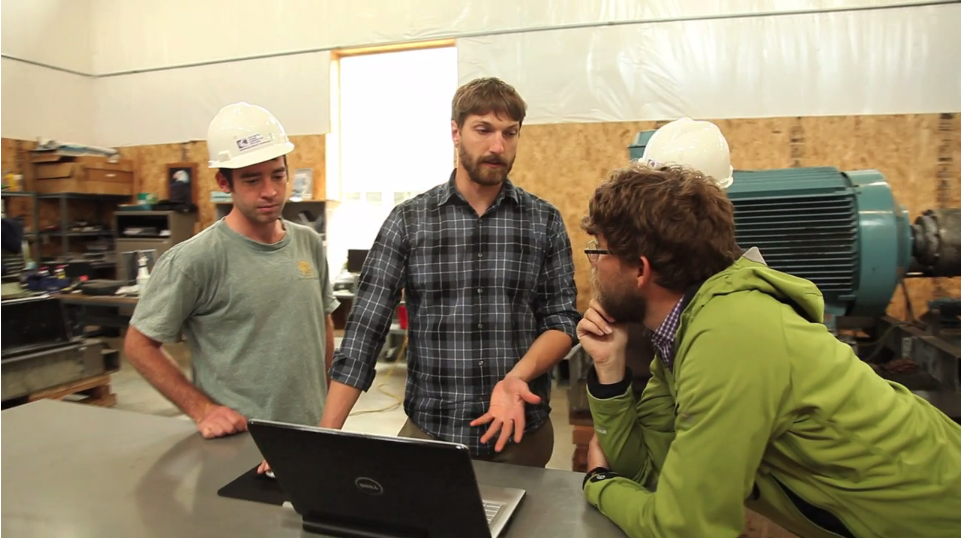
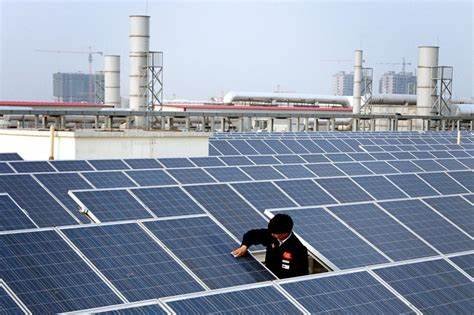
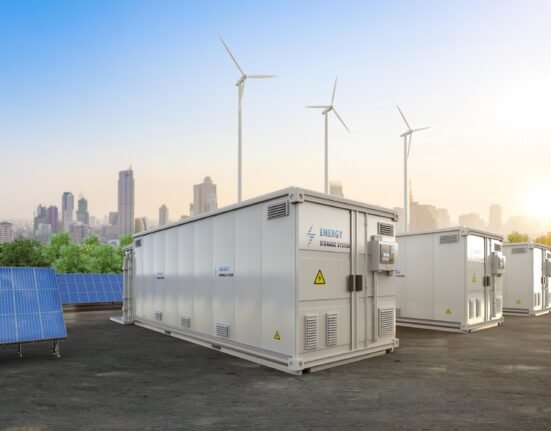
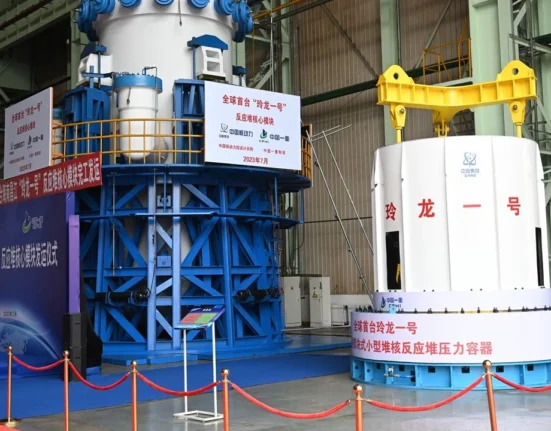
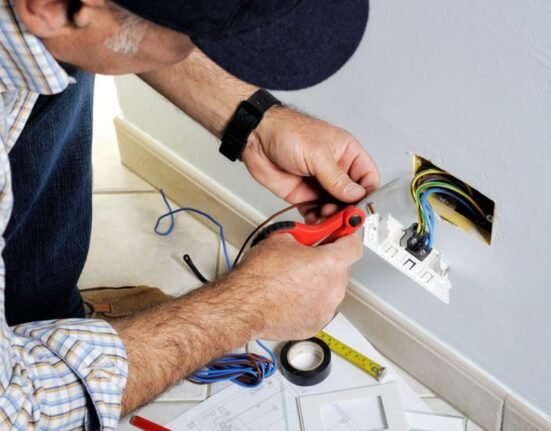


Leave feedback about this